See all of our NFL previews, news & picks for all the upcoming football games.
Bet Slip
Latest NFL News
Latest NFL News & Analysis
- 1
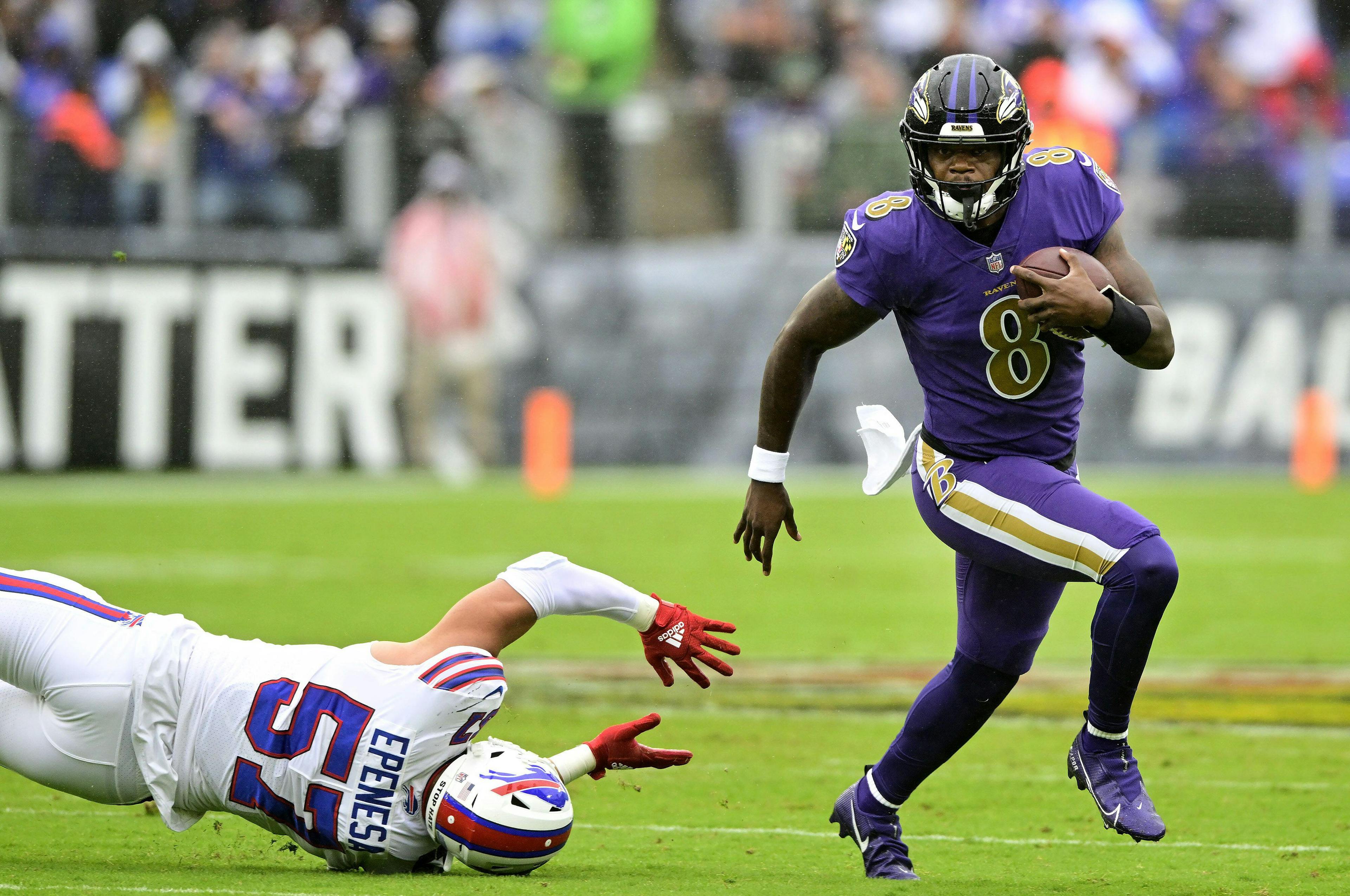 News
NewsBaltimore Ravens @ Pittsburgh Steelers: Same Game Parlay 1/4/2026
- 2
 News
NewsSeattle Seahawks @ San Francisco 49ers: Same Game Parlay 1/3/2026
- 3
 News
NewsLA Rams @ Atlanta Falcons: Same Game Parlay 12/29/2025
- 4
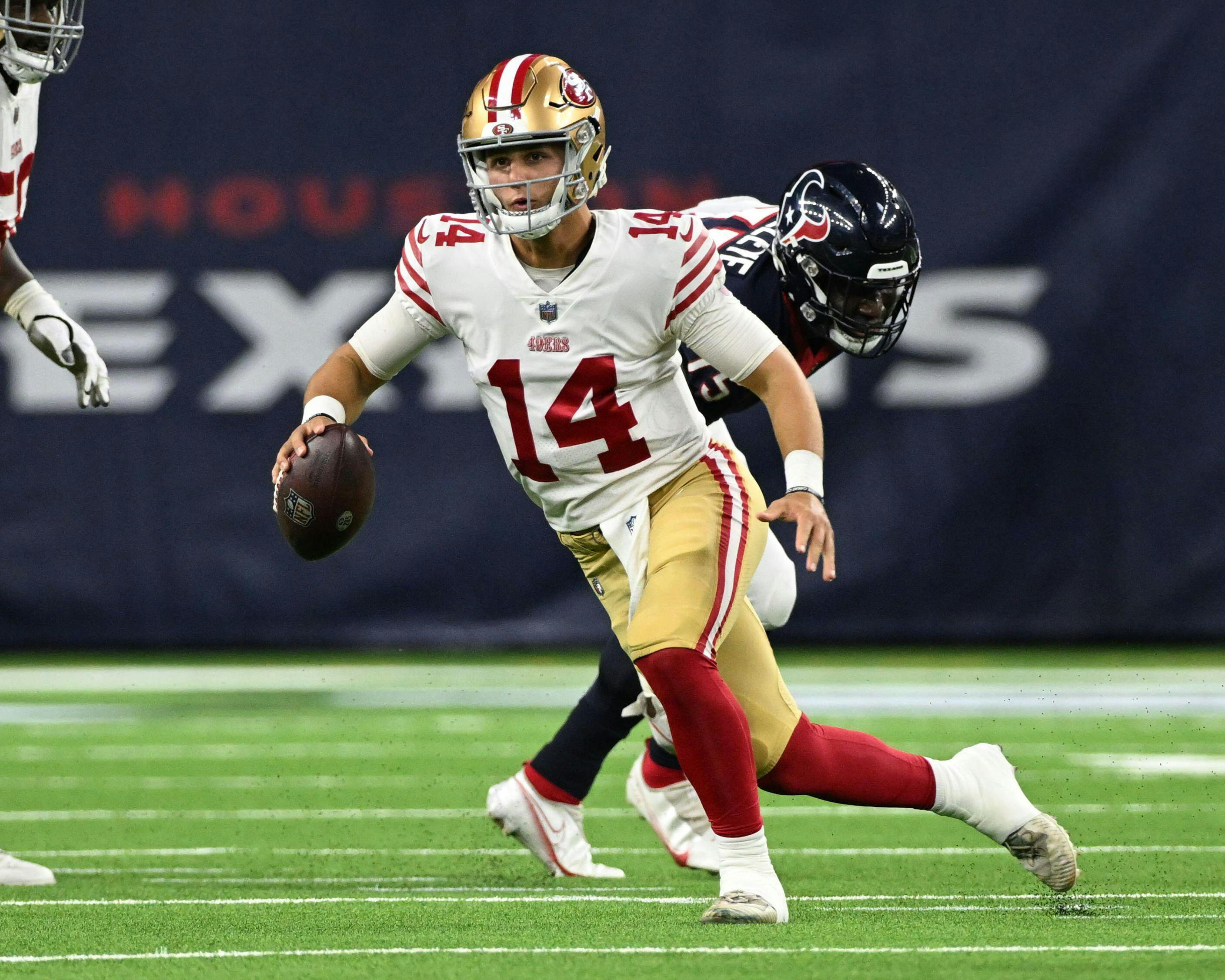 News
NewsChicago Bears @ San Francisco 49ers: Same Game Parlay 12/28/2025
- 5
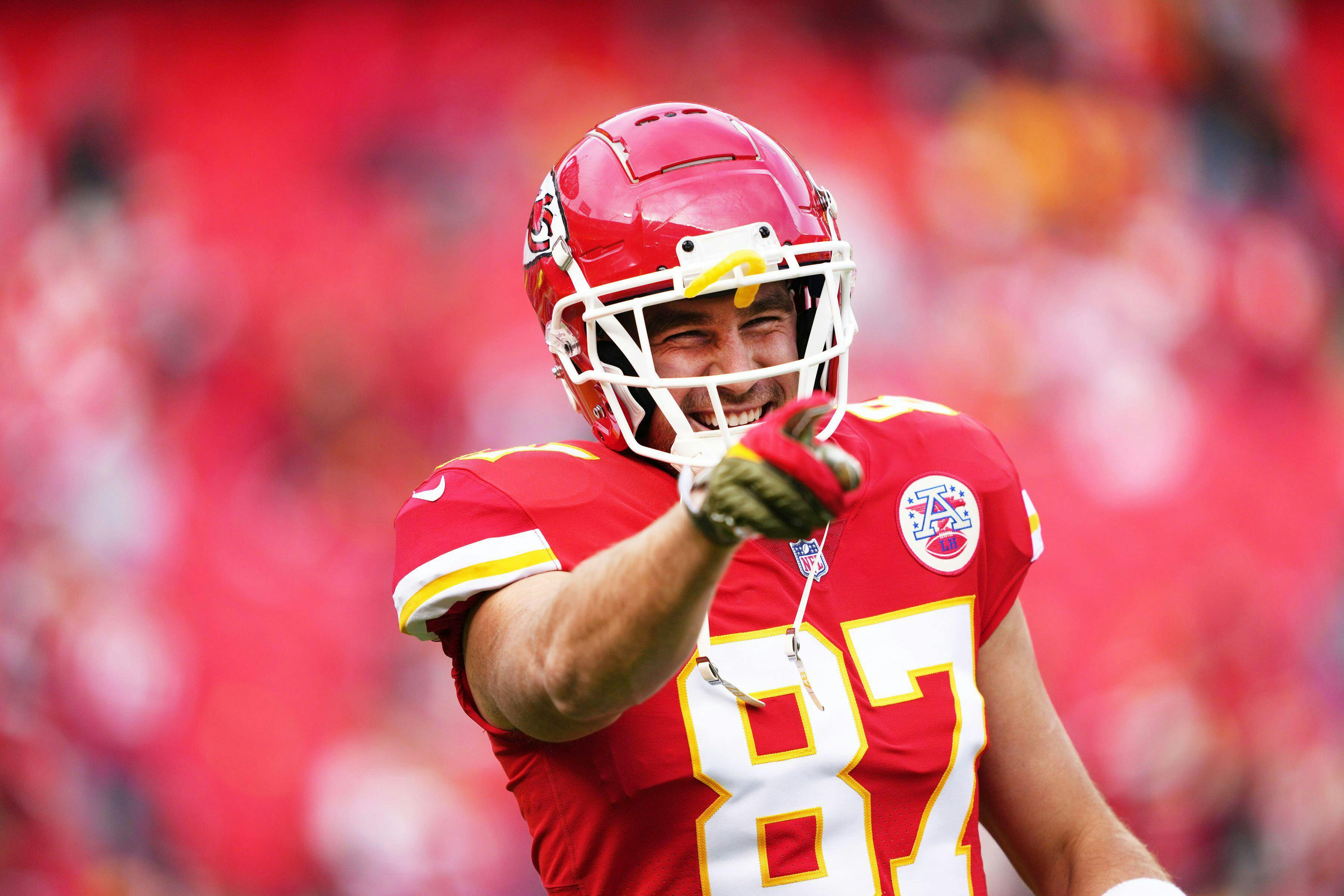 News
NewsDenver Broncos @ Kansas City Chiefs: Same Game Parlay 12/25/2025
- 6
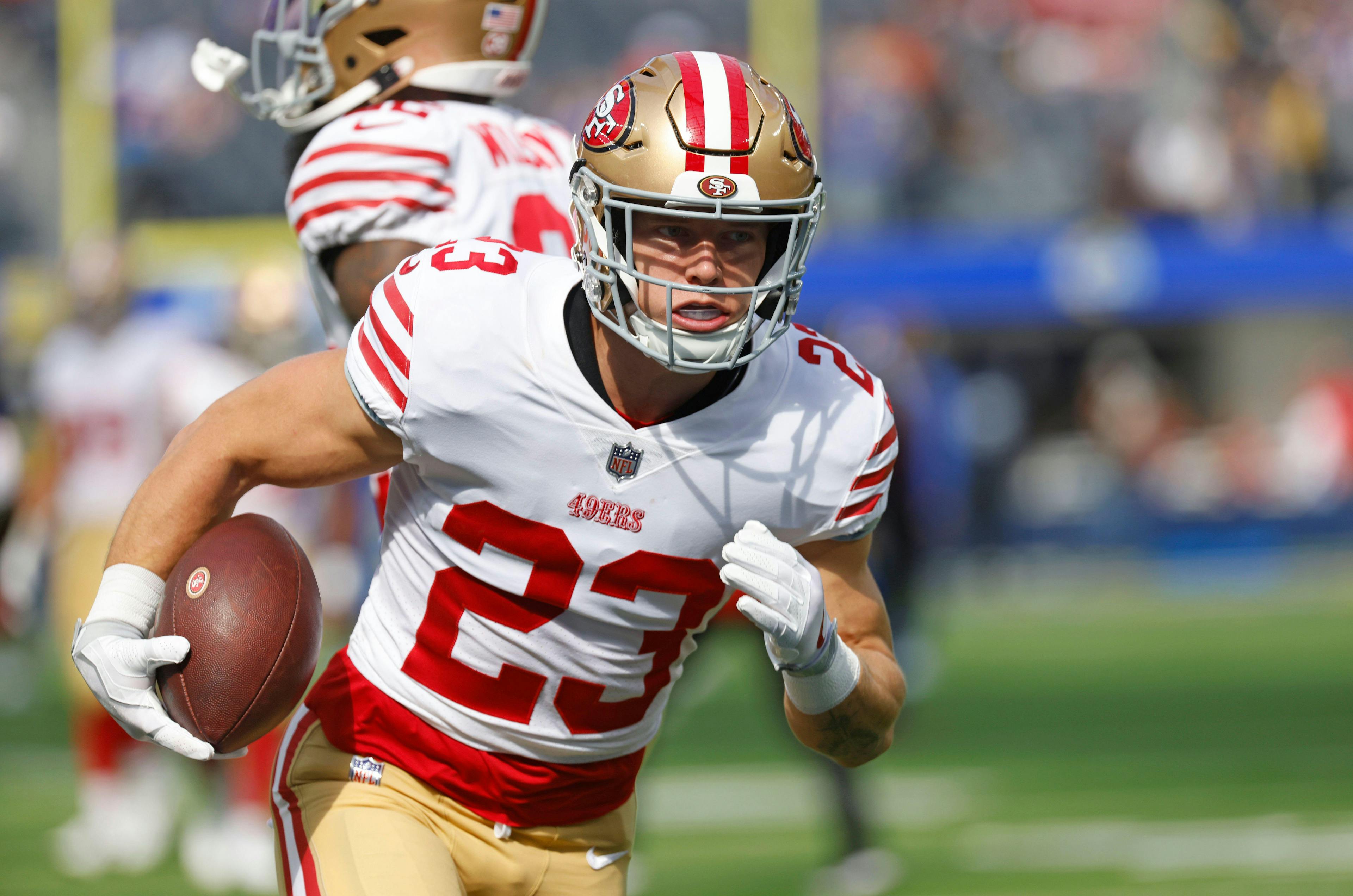 News
NewsSan Francisco 49ers @ Indianapolis Colts: Same Game Parlay 12/22/2025
- 7
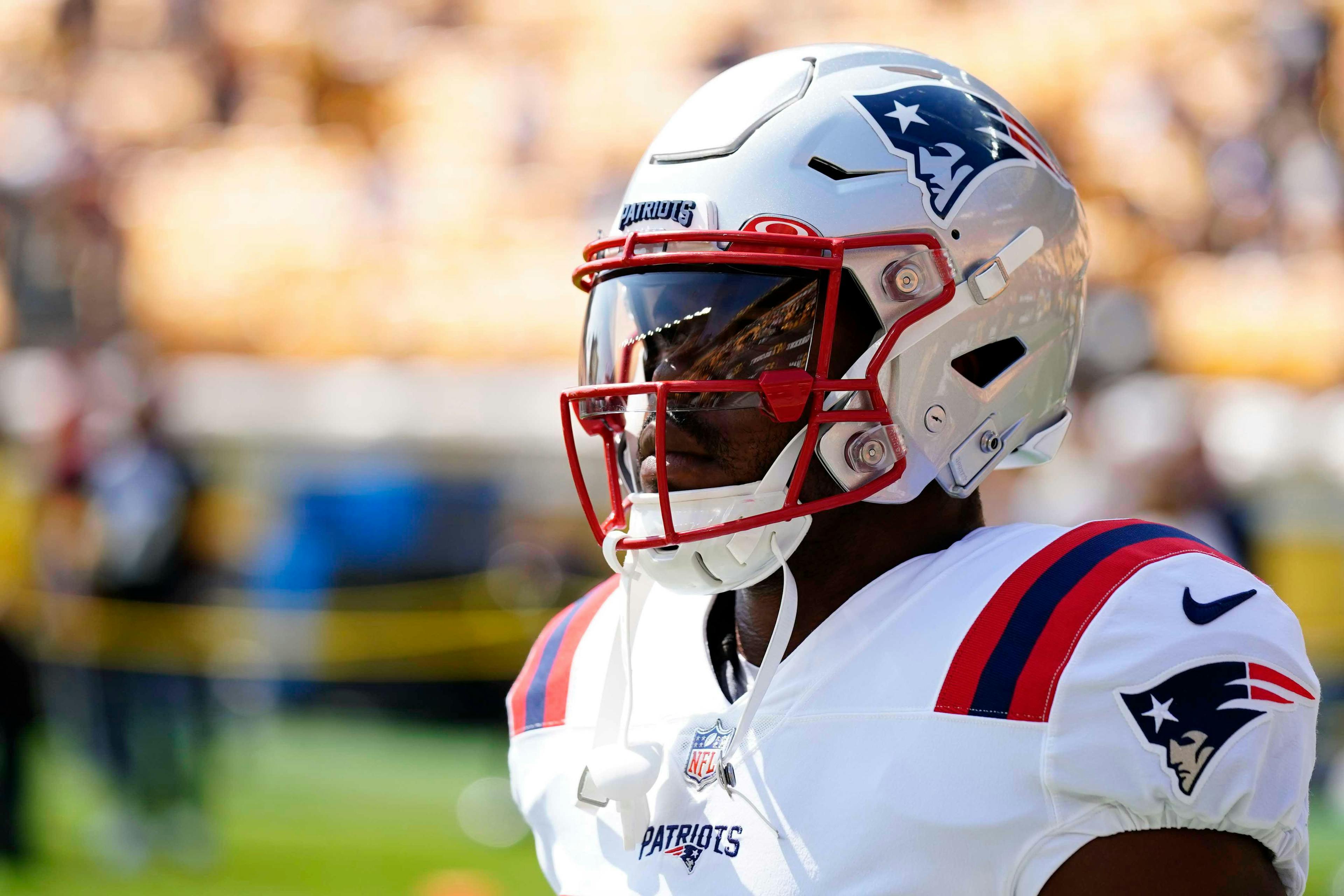 News
NewsNew England Patriots @ Baltimore Ravens: Same Game Parlay 12/21/2025
- 8
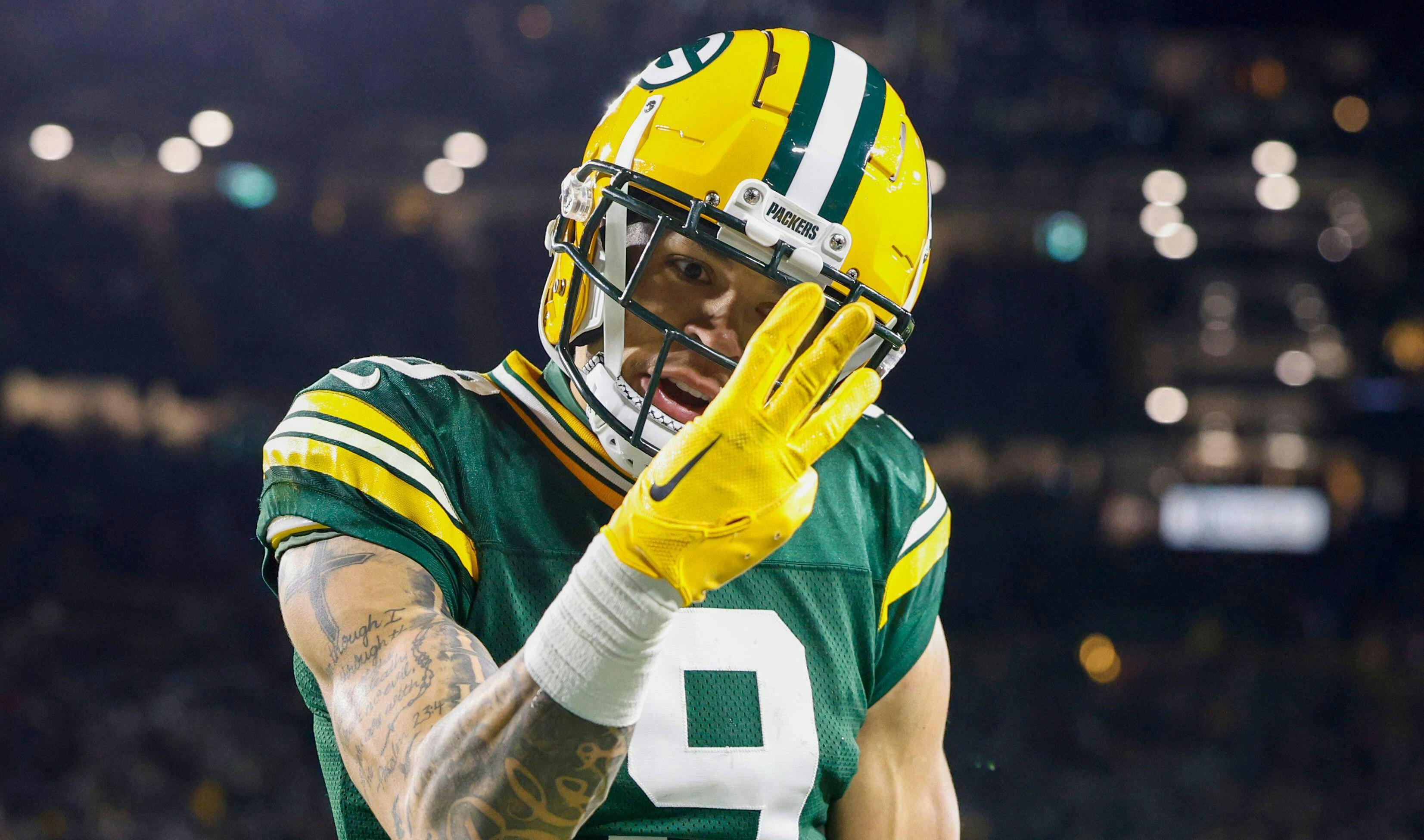 News
NewsGreen Bay Packers @ Chicago Bears: Same Game Parlay 12/20/2025
- 9
 News
NewsLos Angeles Rams @ Seattle Seahawks: Same Game Parlay 12/18/2025
